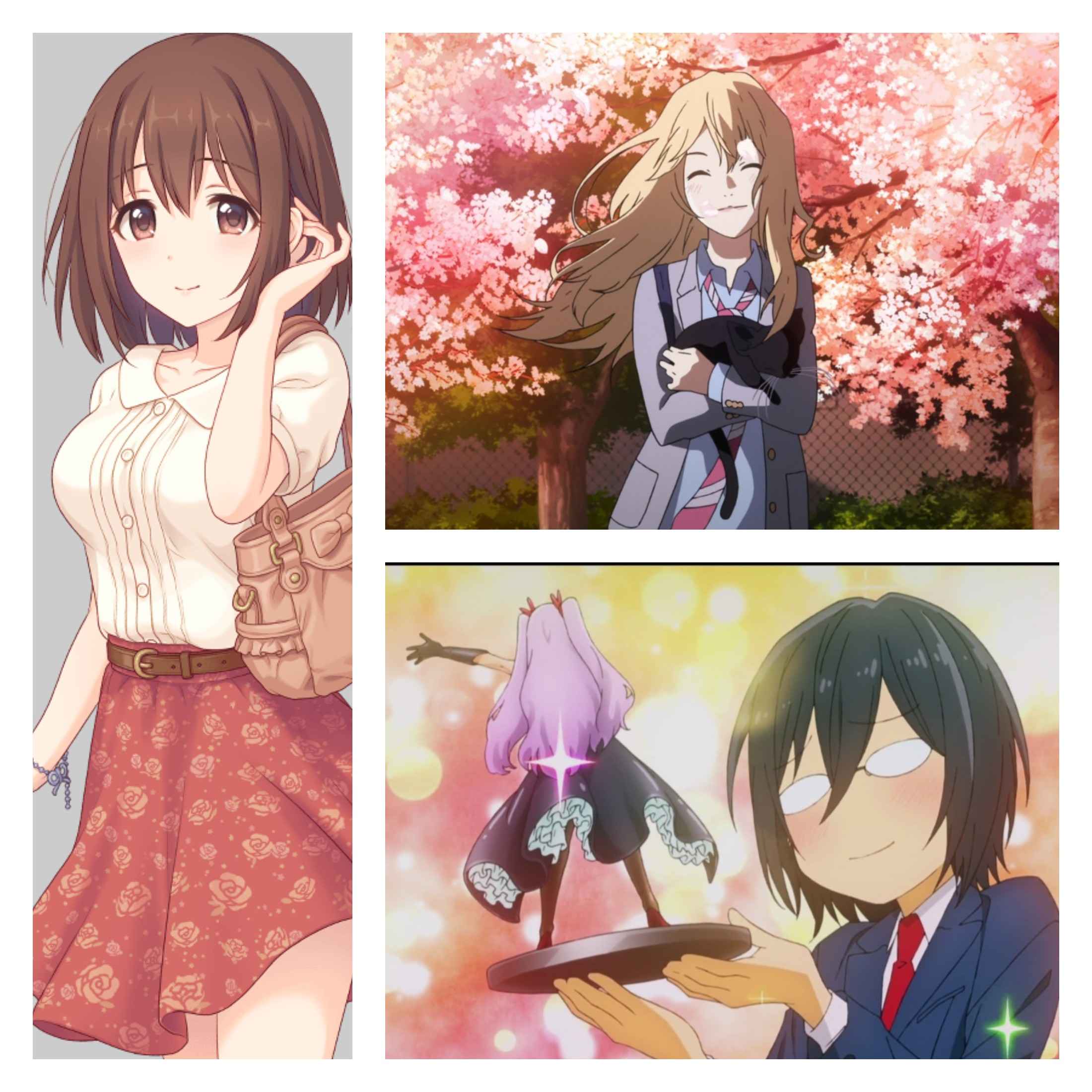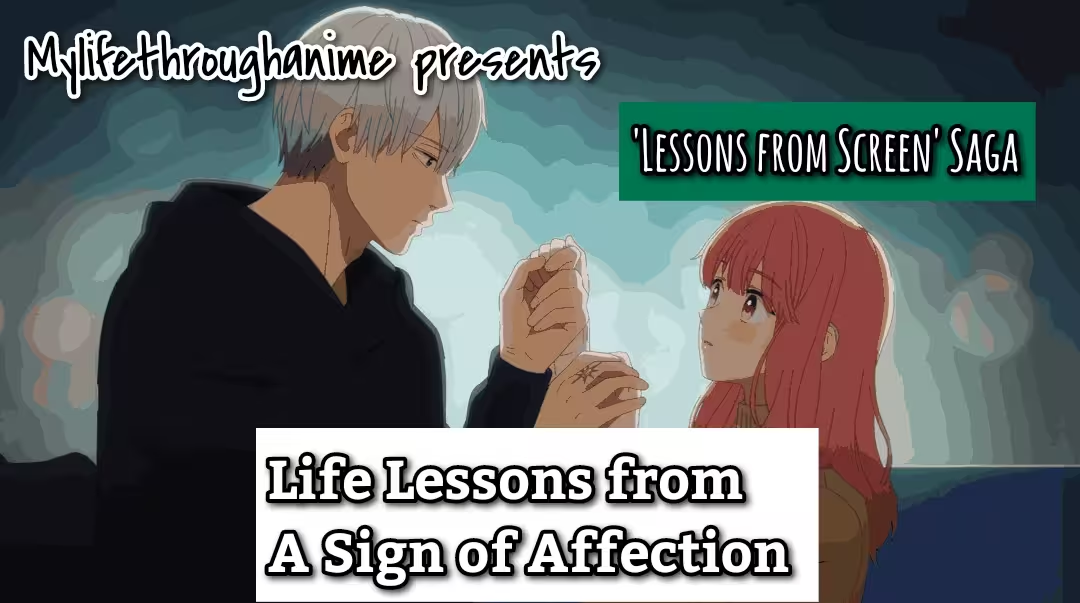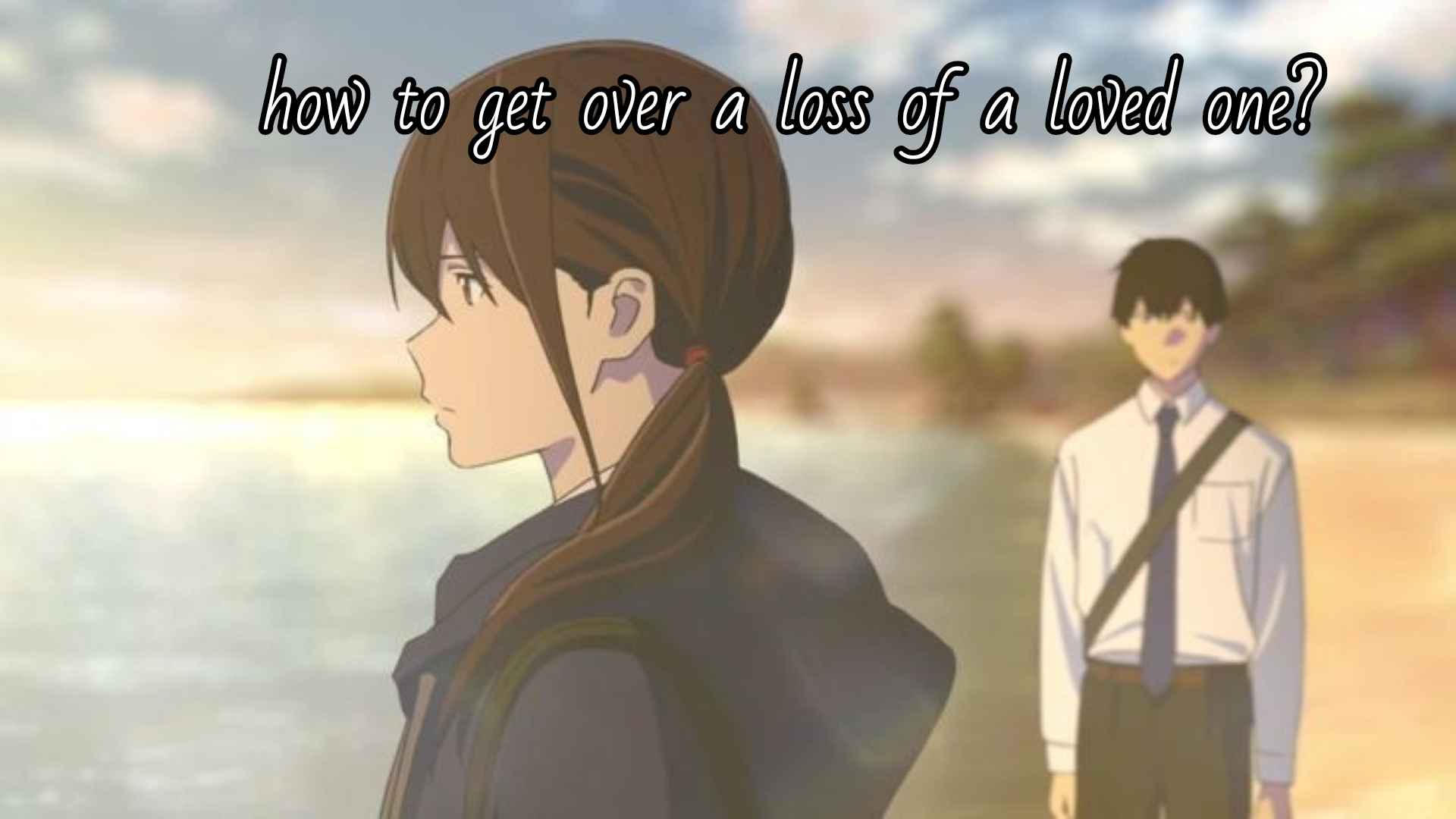
 |
If you have watched a lot of anime series then there is no chance in hell, you haven’t learnt a few Japanese words by now. There are a few Popular Japanese words that are commonly used in nearly every other anime. Since a few words are used more commonly than the others, our brain tends to register them into our Muscle Memory by itself.
I would like you guys to take a moment and try to recall a few words that you think you might I learnt while watching anime, before further reading the article. Then check how of them match to the list given below.
1. Sensei

It is a Japanese Title for a ‘Teacher’.In anime you must have heard it a lot when they use it to refer to a Martial Art Teacher.
However there are other jobs that are given the title of sensei other than teachers like Lawyers, Doctors, Governors and even Mangakas in Japan.
In Japanese culture, the term “sensei” is used to show respect and acknowledge the expertise and authority of a teacher or master in a particular field.
2. Arigatogozaimasu

It means to say Thank You to someone.
“Arigatou gozaimasu” is a standard and widely used phrase in various situations such as when receiving a gift, being helped by someone or expressing appreciation for a service.
In more casual situations or with close friends and family, a simpler and less formal “arigatou” can be used.
3. Itadakimasu

It’s a polite phrase meaning ‘I receive the food‘. It is a way of expressing your thanks to the person who prepared the food. It is said before eating every meal in Japan.
“Itadakimasu” is a way of showing gratitude not only for the food itself but also for the opportunity to eat and sustain oneself.
It is a cultural custom in Japan to say this phrase before starting a meal and it is considered polite and respectful to do so.
4. Daijoubu ka

Means ‘Are You Ok‘. Whereas Daijoubu means ‘alright‘. It is used to ask someone whether there are all alright or not.
It is often used to ask someone if they are fine, whether physically or emotionally.
It is a common expression of concern and care for someone’s well-being.
5. Kawaii

It means ‘A Cute Girl’. It is one of the most common words that you will hear in any anime especially in the romance genre ones. The anime ‘Tonikaku Kawaii‘ has used the word in its title itself.
It’s important to note that while “Kawaii” is a Japanese term, it’s influence and recognition have extended beyond Japan’s borders particularly among fans of Japanese anime and manga.
6. Kanojo

It Means ‘ Girlfriend’.It is used to refer to someone as your girlfriend. The anime 3D Kanojo Real Girl has the word Kanojo in its title.
“Kanojo” is a Japanese words that translates to ‘girlfriend’ or ‘she’ in English. It is commonly used to refer to a person’s romantic partner or a female acqaintance. In context of relationships, ‘Kanojo’ specifically denotes a female partner.
7. Sanpai

It means ‘ Senior/Upperclassman’.It is used to refer to someone who is your senior especially in schools or workplace. It is commonly used in High School Animes.
The term is commonly used in various contexts, such as in martial arts, traditional Japanese arts, sports, clubs and even in anime and manga.
8. Otaku

It means ‘ a person having an intense or obsessive interest especially in anime and manga’.In anime language it is a person who lives in a 2D World rather than 3D.
In Japan, Otaku is generally regarded as an offensive word, due to the negative cultural perception of withdrawal from society.
9. Konnichiwa

It means ‘Hello‘ used as a generic greeting.
In the morning, “ohayo gozaimasu” is commonly used, while “konbanwa” is used to say “good evening” later in the day.
However “kon’nichiwa” is a versatile greeting that can be used from late morning until early evening as a general form of hello or good afternoon.
10. Tsukiatte Kudasai

It means ‘ Please Go Out On A Date With Me’. One of the classic phrases that all of us have heard in some anime or another.
The guy asking the girl out in the middle of the class in front of everyone. It doesn’t gets better than that.
11. Dattebayo

Naruto’s iconic catchphrase “Dattebayo” was originally translated to English as ‘Believe it!’.
Which was later translated into ‘Ya know’ and would be used more casually in conversation.
In the context of the series, Naruto often ends his sentence with “dattebayo” to emphasize his words and assert his point.
It is a way for him to display his unwavering resolve of never going back on his words, his nindo way, confidence and strong will of fire.
12. Sumimase

Sumimase means “I’m sorry/ Thank you / Excuse me”. It is derived from a more formal phrase “sumimasen” translating into “excuse me” or “I’m sorry” in English.
“Sumimase” is often used in situations where a person wants to apologise for a minor inconvenience, ask for assistance or politely interrupt someone’s attention.
It is a respectful way of acknowledging a mistake or showing consideration for others.
Sorry vs Thank you:
If a person holds a door for you- English speakers tend to say thank you i.e Arigatogozaimasu. Whereas a Japanese person would say sumimasen.
You don’t have to be fluent in Japanese to be able to learn a few basic words. One of the best ways of doing that is by watching anime. If you haven’t learnt any by now then I would encourage you to learn a few because it will just make the whole process of watching an anime a lot more fun.


